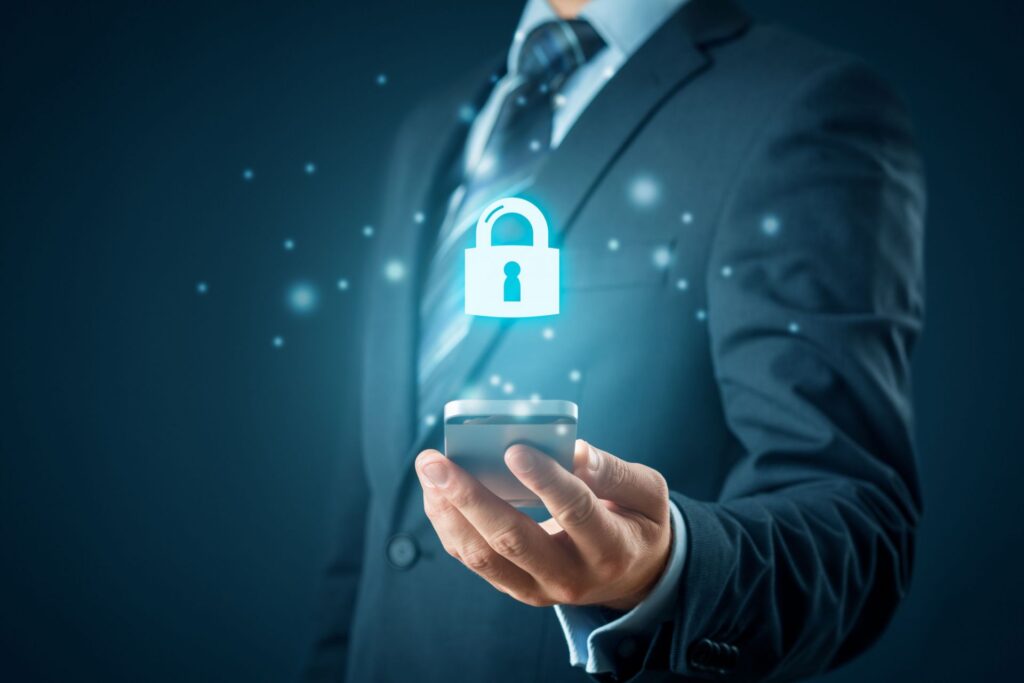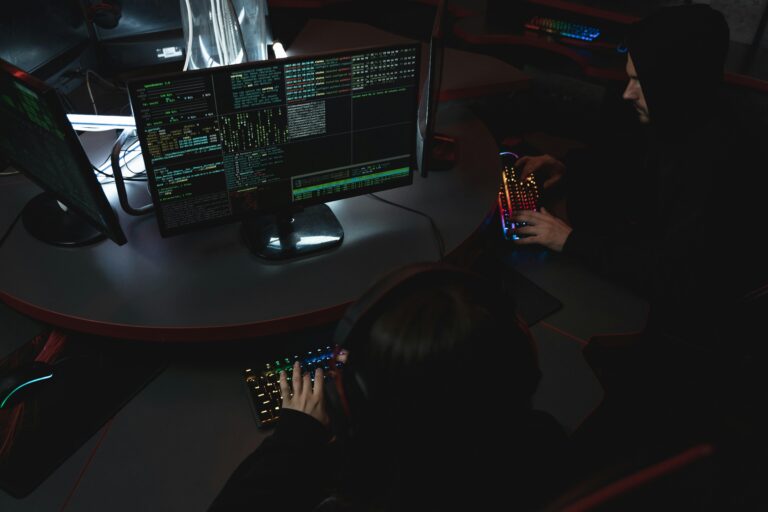
The importance of frontline workers is often overlooked: they are the face of every business and the first port of call when customers interact with an organisation. Frontline workers are how your customers engage with you outside your walls.
Cybersecurity threats exist outside your company’s walls, but also within the business perimeter. This means that every employee’s cyber activity poses a threat to the security of the wider IT ecosystem. For instance, phishing attacks – the number one attack vector according to the 2019 Data Breach Investigations Report – focus on manipulating employees into granting malware access to a company’s systems, and a real risk to frontline workers. In the modern business age, where companies deploy a bring-your-own-device (BYOD) policy, no line is drawn between personal and business applications. All employees are at risk of accidentally granting a malicious actor access to an organisation’s ecosystem via personal channels.
Today’s frontline workers are pushed to be more productive than ever before, but in order to do so they must be empowered. By being given access to secure mobile devices and apps frontline workers can gain access to their organisation’s data, information and workflows wherever, and whenever, they require. Whether they operate on a BYOD basis or use company-owned phones, frontline workers across a range of industries need to be better protected.
Healthcare professionals
Doctors and nurses are quite possibly the most important professionals most of us will ever encounter. From birth, to routine check-ups and the occasional medical emergency, they are always there for us.
According to the Royal College of Nursing, 61% of nurses consider themselves overworked. Findings also show that 53% of nurses considered their personal smartphone useful when performing clinical duties. This means that as they are forced to get more done, mobiles become a tool to improve productivity. One way that nurses can accomplish this is with mobile fleet management solutions that allow immediate bedside access to patient files. This can save countless hours and improve patient outcomes. Access to these files needs to be ensured to be secure though.
Reservations around using mobiles as a tool to improve productivity in healthcare originate from the sensitive nature of healthcare files. To combat this, while sticking to privacy and data protection laws, businesses need to adopt a zero-trust approach to cybersecurity. Assuming an organisation’s perimeter has already been breached increases the necessity to authenticate every device, network and application that is used. In the event of a data breach, machine learning algorithms that work on every device and monitor for threats 24/7 can quickly identify the threat and remediate it.
Retail workers
Retail salespeople drive a shopping experience to make sure it is efficient, hassle free, and even sometimes fun. Making shopping a positive experience for the customer is vital in securing customer engagement and improving customer satisfaction.
Today's frontline workers are pushed to be more productive than ever before, but in order to do so they must be empowered
Retail employees need tools to help customers find what they are looking for, search current inventory, and even complete transactions without waiting in a checkout line. The devices that enable this are usually corporately owned and shared among sales assistants, but they are still exposed to cyber threats.
Using a tool that allows for the segmentation of applications is an important security measure in such a situation. Each employee may have different responsibilities or job functions requiring access to different apps or content; managers may have access to certain apps or approval functions that regular employees don’t. Certain applications for specific devices, usually social media and messaging apps, can be blacklisted so employees cannot download them. Not only does this increase productivity, but it minimises the risk of malware from outside the ecosystem penetrating the perimeter.
Courier services
Couriers are often overlooked as one of the chief enablers of modern life. Mintel found that last year alone Brits sent 3.65 billion packages. Consumer demand for next-day delivery means that an astonishing number of parcels need to be processed each day, and mobile devices are one of the key enablers behind this.
Couriers often pursue the career as a way of making extra cash, and a BYOD policy eases the employment process, as well as company costs. Along with a suitable vehicle and legal documents, a mobile phone is often one of the only things needed to become a courier. However, this creates an environment that is harder for IT teams to defend. With a scattered workforce connected to different networks, that each contain apps for personal use, the security perimeter is widened and more avenues into the ecosystem are created.
The fundamental issue underlying a BYOD policy is visibility. If IT teams enroll all devices it allows them to have a 360-degree view of every device, user logistics app and network that is being used to access business data. This also enables automatic updates of applications and device operating systems to ensure security defence is completely updated and compliant with the company policy. Access can be also denied to applications that contain sensitive business data, preventing the further spread of an infection. If a device has been compromised, the effects can be remediated by notifying the user of an infection or by quarantining the device through threat detection.
These are just three ways that employees’ productivity can be increased securely using mobile devices. Secure productivity requires a zero-trust approach that validates every frontline worker’s device, establishes user context, checks app authorisation, verifies the network and detects and remediates threats before granting secure access to a device or user. This is absolutely crucial to protecting the workflows of a modern workforce, on any device, wherever they conduct their business.
David Critchley
Director for UK & I, MobileIron


